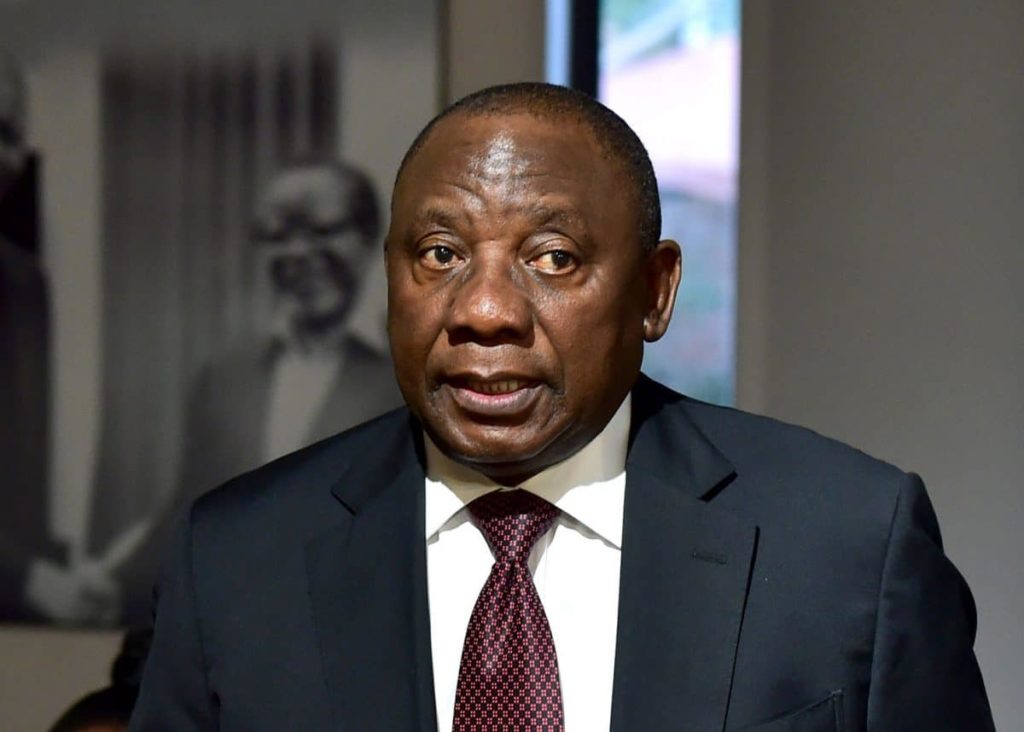By Minhaj Jeenah
THIS month, South Africa parliament dismantled political party funding transparency laws by passing the Electoral Matters Amendment Bill.
The bill was introduced at the end of 2023 to amend several laws to allow independent candidates to contest elections. In a show of political expediency, the bill was also used to undermine the Political Party Funding Act (PPFA).
The introduction of the bill brought life to the ANC’s two-year campaign to weaken political party transparency laws, launched out of sheer desperation, amid the party’s financial crisis.
In February 2023, the party’s leadership instructed its parliamentarians to initiate the process to expand the thresholds for party funding stipulated in the PPFA. The campaign was yet another show of the ANC’s increasing disregard for democracy.
The PPFA is one of the most important pieces of legislation since 1996. It allows the public access to crucial funding information, limits the ability of private entities to influence our politics for narrow interests and protects South Africa’s sovereignty.
It forces political parties and their donors to disclose donations above R100 000, places an annual cap of R15 million per donor per party and places heavy limitations on foreign funding. When signing the PPFA into law in 2021, President Cyril Ramaphosa celebrated it as having “far-reaching consequences for good governance and ethical political activity”.
He added that the Act will “strengthen the confidence of citizens in the democratic political process and enable them to assert their right to information.“ Three years later, he nullified the Act. Although the governing party has led this assault on our democracy, almost all its political opponents have shown an equal disdain for transparency regarding their funding.
Before the PPFA came into effect, the Democratic Alliance (DA) had vociferously argued against transparency laws, claiming that political party donors were entitled to privacy.
When it became law, ActionSA made the absurd argument that it would undermine South Africa’s multi-party democracy. Economic Freedom Fighters (EFF) president Julius Malema publicly encouraged his donors to donate amounts just under the R100 000 reporting threshold to evade scrutiny. Since its launch, the wellfunded Rise Mzansi has consistently withheld information about its funding sources. In February and March, it ignored two letters from the civil society organization
My Vote Counts, which outlined the party’s legal obligations to disclose its funding details from the end of 2022. To date, the party has not disclosed all of its funding information. The political parties rejecting the need for meaningful funding regulations ignore its most important purpose: to give the public some control over the toxic relationship between money and politics.
This is especially important because money’s hold on politics has weakened our democracy — beginning even before 1994. In the early 1990s, as the apartheid state began to collapse and ANC leaders were getting ready to govern, wealthy business people like Southern Sun owner Sol Kerzner hosted ANC leaders in luxury apartments and threw extravagant birthday parties for some.
Certain business people used their financial resources to secure tender contracts, while others bought undue influence over decision-makers elected or appointed to act on behalf of everyone. After the 1994 election, huge amounts of money were used to secure lucrative arms contracts and capture parts of the state.
And, more subtly, to influence policy decisions and shape our political landscape to serve narrow interests. The past three years of the Political Party Funding Act have given us some insight into how money shapes politics.
It’s no coincidence that the Oppenheimer family’s R135 million in political donations has funded only parties whose economic programmes aim to entrench a neoliberal politico-economic project, which has devastated economies, deepened inequality, and eroded democracy globally in the interests of capital accumulation.
It’s also easy to understand why Israel-linked billionaire Martin Moshal’s R76.5 million in party donations have benefited only parties that have outrightly supported Israel’s Gaza genocide or, at best, have remained neutral on the matter. —M&G
